
The Free Press

How did something considered misinformation on Thursday afternoon become common knowledge by Thursday night?
The social mechanism that converts supposed misinformation into consensus is a topic that I have studied for many years. It involves something ubiquitous: the twin acts of misrepresenting what we know and what we want under perceived social pressures. As I explained in my book, Private Truths, Public Lies, such expressions of insincerity can do serious harm. The Biden-Trump debate and its aftermath provide a powerful case in point. Allow me to explain.
Until Thursday night’s CNN debate, a majority of Democrats were afraid to tell a basic truth in public—to say openly what they know about Joe Biden’s physical and mental health—for fear of emboldening Donald Trump or taking a position that may seem adverse to their party. So they kept their knowledge of his declining cognitive abilities private and, in public, conveyed impressions and issued reports at odds with their own senses.
If they felt that a different candidate had a higher chance of beating Trump, with rare exception they kept that preference hidden and pretended to agree with the idea, repeated ad infinitum, that Biden remained the party’s best hope.
Preference and Knowledge Falsification
Why did they do this? Fear. Fear, in this case, of being punished by their fellow Democrats.
Fear of being punished by a crowd is not unique to Democrats, or liberals, or Americans. It is an innate human response to the dangers of being ostracized, to being cut off from friendships and privileges that are critical to survival. We are born with a need for social acceptance. That need is what drives knowledge falsification and preference falsification.
Each of these—misrepresenting what you know and what you prefer—is a special form of lying. Most “in the know” Democrats engaged in both over the past few years: knowledge falsification about Biden’s decline and preference falsification about whether he should be the party’s nominee.
So even as hardly a day passed without new video clips showing a disoriented and frail Biden, Democrats, aided by swaths of left-leaning media, rushed to dismiss the clips as taken out of context, or as misleading because of the cameraman’s perspective, or as malicious misinformation. They would also vilify the producers and spreaders of the videos as MAGA villains out to destroy democracy. In no uncertain terms, qualms about Biden’s age or cognitive capacity were treated as unwelcome, even as a betrayal of democracy itself.
Those Democrats who refused to lie about what they knew once they knew it—people like Dean Phillips and, much later, Ezra Klein—surely sensed that Biden’s condition could not remain a secret forever. And they worried that, should the news spread before Election Day, he could lose votes essential to winning. Better to preempt that eventuality, they argued, by picking a younger candidate while time remains for him or her to gain national name recognition. If the stakes are democracy, could there be any other choice?
But the Biden campaign would have none of it. Talk of replacing Biden was regarded as irresponsible, meant to push away voters Democrats need— and, they argued, it would facilitate Trump’s return. Insiders also brought up—more commonly in private conversations than in public settings—an obstacle to getting the party to unite around an alternative nominee. Were Biden to bow out, Vice President Kamala Harris might create an even bigger problem. Despite her low approval ratings, she would likely insist on moving to the top of the ticket. Other candidates could emerge, triggering accusations of racism and sexism, fracturing the party. Whatever the resolution, the infighting would cause epic Democratic losses up and down the ballot.
And so, for the first half of 2024, the majority of Democrats who favored Biden’s retirement kept their preferences private.
A Trap of Their Own Making
As signs of Biden’s diminished mental acuity mounted, knowledge and preference falsification trapped Democratic elites. Though few implored Biden to step aside in the months and weeks before the CNN debate, Democratic officeholders and an overwhelming majority of Democratic journalists maintained a facade of unity. To individual doubters, this unity posed an insurmountable obstacle to speaking truthfully. It meant that they were likely to face accusations of betrayal alone, possibly even without backing from friends. Although the private doubters of nominating Biden may have had the edge numerically against his genuine supporters, the doubters had no way to mobilize. Because they kept their private truths hidden, they could not even find each other, much less coordinate their actions and form an effective anti-Biden coalition.
Knowledge and preference falsification can do far more damage than mere self-censorship. In this case, Democrats close to Biden, and thereby “in the know,” deliberately misled their fellow Democrats into thinking that chatter about Biden’s deterioration was merely propaganda orchestrated by Republicans and their allies. They circulated cherry-picked videos of choreographed events as ostensible proof that Biden was as sharp as ever. In March, they proclaimed that Biden’s State of the Union address, in which he read a prepared speech from a teleprompter, should put to rest questions about his fitness.
Knowledge and preference falsification pollute the bodies of information that individuals use in developing their understandings of the world and their rankings among options. They misinform the polity about what is known and preferred. They conceal feasible options. They obscure the extent of support for changing direction. In fostering a culture of mendacity, they hinder the identification of discontent and compound the difficulties of forming coalitions among people eager to switch course.
The Trap Shatters
The self-imposed Democratic trap shattered in the first few minutes of the CNN debate. Posts on X and calls from horrified Democrats set off an open national conversation. Long-apprehensive Democratic-aligned journalists, officeholders, and other influential party members finally found in themselves the courage to voice what they have known and wanted, but suppressed.
As Biden spoke incoherently, his debility became common knowledge. Suddenly everyone knew—and everyone knew that everyone knew. Because tens of millions of Americans were watching, every viewer understood that all other viewers, whatever their political biases, were witnessing the same thing. No amount of spin could overcome what we were seeing with our own eyes.
The trap’s collapse made fear among many Democratic elites flip sides. Their predominant pre-debate fear of signaling reservations about Biden’s candidacy gave way to an ascendant and now-dominant fear of continuing to endorse the approved narrative.
But by no means were the Democratic opinion leaders who exploded in horror after the debate alone in initiating a national conversation on Biden’s candidacy. The Democratic rank-and-file played a critical role in pressuring elites to start saying what they had known long before the debate.
Most Americans are detached from the twists and turns of daily news cycles. They tune in only during major crises and elections. So to many of these Democratic voters, Biden’s performance came as a genuine shock.
We will never know whether Democratic elites would have dismantled their self-destructive trap without a flood of honest reactions from the Democratic rank-and-file. The president’s performance was so disastrous that it might have been sufficient to drive enough elites to their boiling points to start a cascade of truthfulness among themselves.
It may have made all the difference that a huge national audience watched the debate live. If the debate had not been televised, with only the press witnessing it, reporters might have been able to spin the exchange as a win for Biden by focusing on Trump’s wild exaggerations and his non-answers, along with some Biden mini-quotes that seem coherent on paper. In other words, the out-in-the-open, live nature of the debate may have been critical to generating the common knowledge of Biden’s current state.
One thing is certain: the discovery by Democratic elites of Biden’s deterioration on Thursday night was mostly feigned. Individually and collectively, they chose not to convey truthfully what they knew or what decisions they considered necessary for electoral success. They knew. But like many human beings faced with the consequences of telling the truth, they opted to misinform.
Timur Kuran is a professor of economics and political science at Duke University. He is also the author of many books, including the seminal Private Truths, Public Lies. Follow him on X @timurkuran.
Become a Free Press subscriber today:


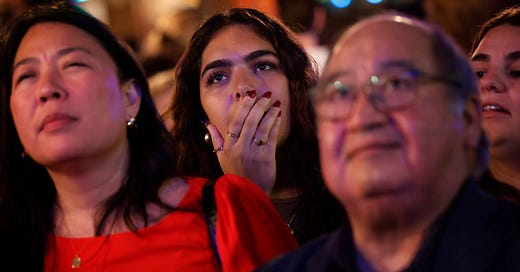


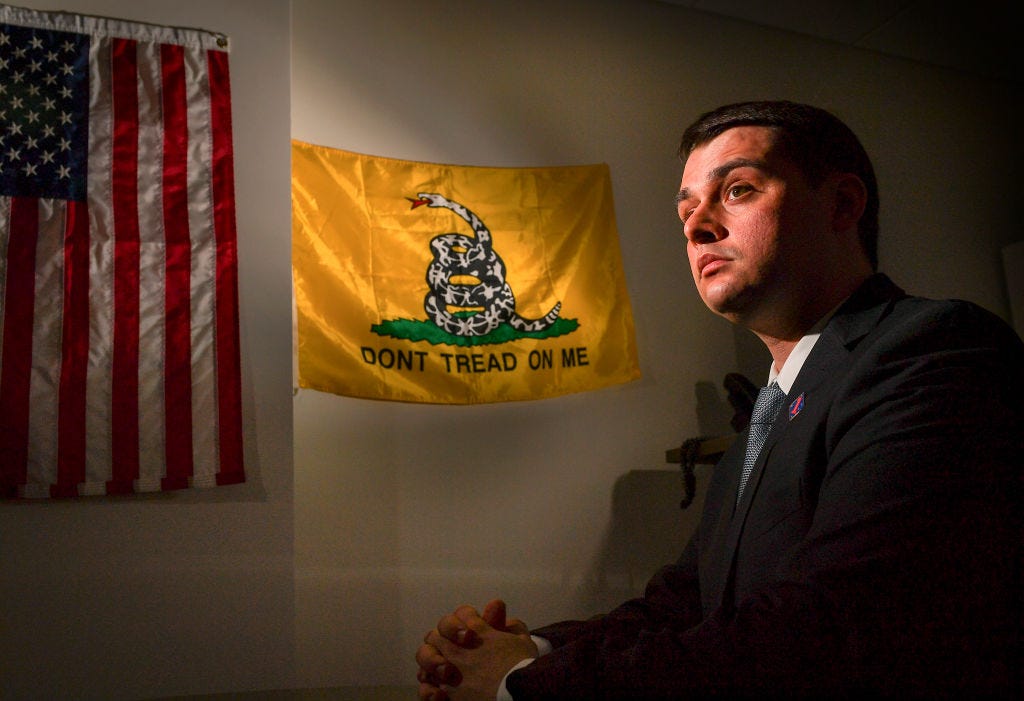



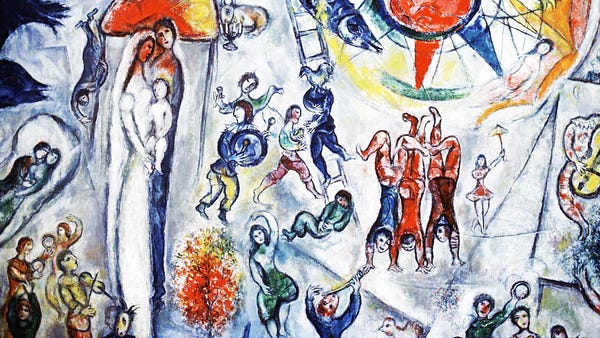

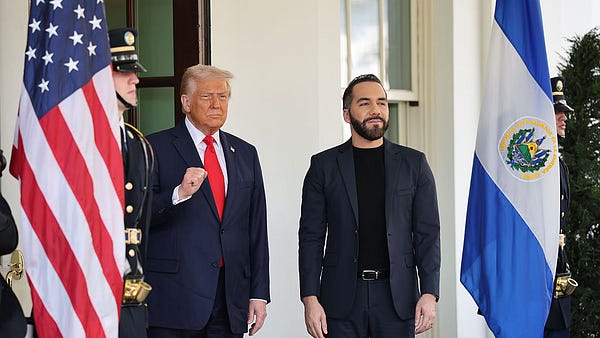

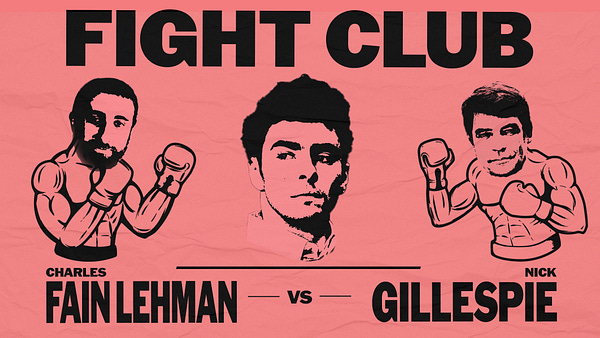

Live Not By Lies, Aleksandr, Solzhenitsyn
I posted this elsewhere but given the state of things ..
You know what concerns me the most : the MSM/press, the DNC, the Presidential advisors & cabinets who frequently have CONTACT with the President (amongst them our governor); many other politicians, big money donors, the Biden Administration, all of the secret service… not to mention the Biden family! The evidence played out in full view of the WORLD… the list is not only endless but these people have SECURITY CLEARANCE! Where is one individual who tells the TRUTH, the whole TRUTH & nothing but the TRUTH. Are they all malignant narcissists?It’s been a week & what was DISCOVERED was, is the very definition of scamming, of conning, of CONSPIRING &&& it was, is against the American people.I was brought up to tell the WHOLE TRUTH & respect my elders. What is happening should at least provoke a sense of indignation. But/&& instead of dealing with THAT CRIME, they’re fitting another Naked as a jay bird go round. The myopia is astounding.